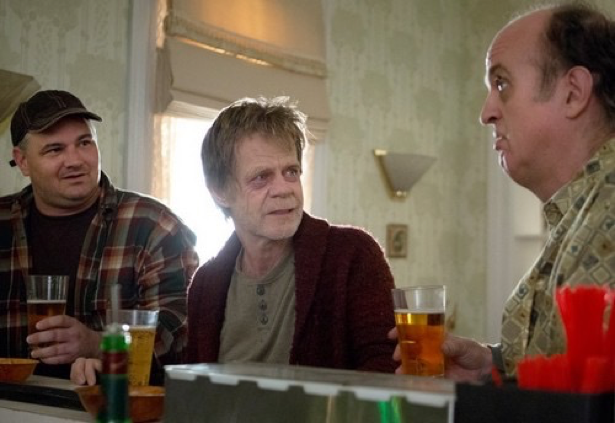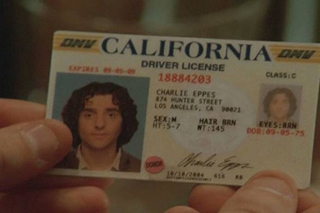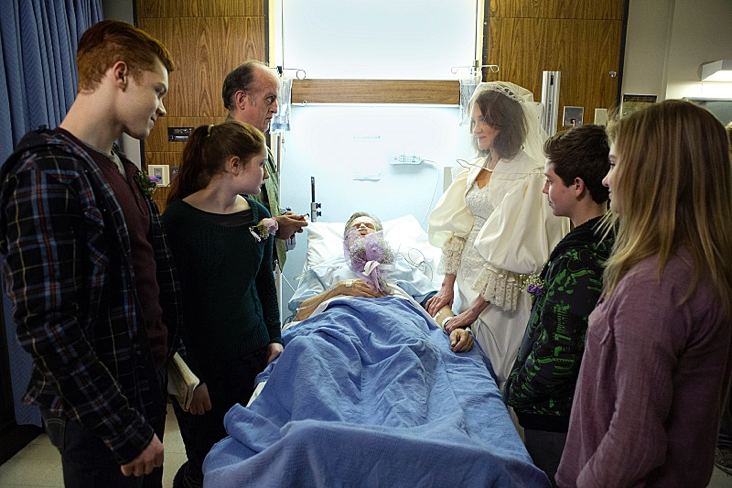Changing the culture of liver health, the conversation around liver disease, and the consideration paid to liver patients is a central pillar of the Global Liver Institute. Diverse depictions in media will help people value the children, veterans, seniors, and neighbors at risk for or living with one of the more than 100+ types of liver diseases that can be caused by anything from genetic triggers to environmental toxins to viruses. Not just the families who are affected, but also the general public must come to understand the devastating impact of liver diseases. Only then will progress be made in meeting this challenge.GLI is excited to feature the work of AndACTION, an organization dedicated to explaining the measurable effects that inserting liver storylines in media can have on accomplishing these goals. Additionally, we look forward to like-minded partnerships with artists and writers through our Creative Collaborative.
Must See TV: Liver Edition
By Justine Hebron

In 2014, the Showtime family drama “Shameless” heaped an added layer of stress on the already overburdened Gallaghers. Frank (played by William H. Macy), the alcoholic, drug addict, narcissist patriarch went into full liver failure due to stage four cirrhosis. [Spoiler alert ahead!] The story of his liver failure played out over most of the season, and was a gripping plot line for viewers because it showed in graphic detail the physical and emotional toll the disease took on him, and how the family coped with his illness. He signed up to be on a donor transplant list, but was told he was so far down the list that he would die before a healthy liver became available. But then, he got wrangled into a back alley organ scheme…

More after these messages…
Why is a liver transplant storyline in a cable show from two years ago relevant to the Global Liver Institute? Because from this everyday act of watching a favorite show, there is an opportunity for action–to transform viewers into empathic allies who are ready to donate time, money, or even organs. And now there is a grant-funded service to help nonprofits like GLI find and use such storylines.

Meet AndACTION!
AndACTION is a new pop culture hub that gives nonprofits inside intel on upcoming and recent film and TV storylines on their causes. We hunt down leads and suggest creative ways for nonprofits like GLI to use them for maximum impact. We are really excited to use stories as a way to shed light on some of the complexities of liver disease, as well as use imperfect stories to explain what happens in real life liver health crises.
What we see on TV and in the movies affects how we feel about issues and the way we talk about them. When our feelings get involved we empathize, and then we are motivated to act. In fact, with regard to organ donation, studies conducted by Hollywood Health and Society showed that an episode called “Harvest” in the drama series “Numb3rs” created awareness where there was none, and up to 10% of viewers decided to become organ donors as a result of watching the show. At 13.2 million viewers for the episode, that means 1,320,000 new organ donors in one night’s broadcast!

But what about storylines that dramatize liver disease or transplantation in a way that stretches or even blows apart the truth?
…And now back to “Shameless.” True to the characters and manic drama of the show, Frank was subjected to an organ stealing scam. His estranged daughter pays for a back alley liver transplant, only to discover that his kidney has been stolen instead. He is rushed to the hospital where the doctors give him a prognosis of death within days, and then a stroke of luck! At the 11th hour Frank gets moved up to the top of the list to receive a new liver. This would of course, never happen in reality. But it makes for great conversations!These imperfect story lines are still valuable to nonprofits. It gives organizations like GLI the opportunity to pivot the conversation back to the facts while participating in the cultural conversation. By working with AndACTION to find and use the stories about liver disease that are already out there, GLI has been able to build an even deeper relationship with their community, which in the long run will further empower individuals to be engaged, while motivating advocates in the liver disease community.

Justine Hebron is the communications manager at AndACTION. Check them out on Twitter!
[Photo Sources: Screenshots taken from Showtime’s Shameless]
